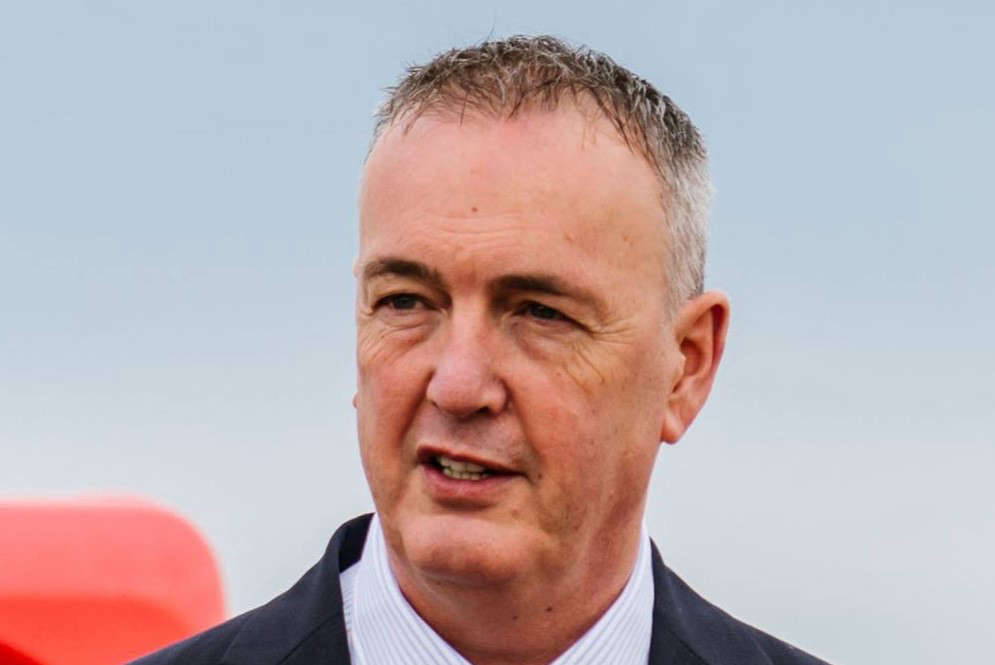
The Police and Crime Commissioner for Lancashire has published the Independent External Review of Lancashire Constabulary’s Operational Response to the widely publicised missing person Nicola Bulley.
The review, commissioned by PCC Andrew Snowden in February 2023, and led by the College of Policing, provided insight into the effectiveness of the Constabulary’s response over during the period Nicola Bulley was missing earlier this year, which saw unprecedented levels of mainstream and social media interest in the case.
Nicola’s body was subsequently found in the river Wyre about a mile from where she was first reported missing. At the inquest, the senior coroner for Lancashire ruled that Nicola Bulley died an Accidental Death.
In completing this review, the College examined more than 350 documents; interviewed more than 70 key people from Lancashire Constabulary; and gained insight from 30 subject matter experts outside of the constabulary, including those from the media.
The report includes a series of conclusions and recommendations for Lancashire Constabulary and wider policing. None of the findings would have materially affected the outcome of the search or investigation. Key findings of the report include:
- The police investigation and search was very well conducted and resourced by Lancashire Constabulary
- The decision not to call the investigation a critical incident, despite it meeting the national definition, led to several challenges
- Media handling and communication of information to the public, and the management of this by the leadership team, led to a breakdown of public confidence
- Despite being lawful, the release of personal details regarding Nicola was avoidable and unnecessary
- The relationship between police forces and mainstream media needs to be rebuilt
Police and Crime Commissioner Andrew Snowden said: “First and foremost I hope today’s report reassures Nicola’s family that Lancashire Constabulary carried out a professional and extensive investigation and despite important learnings highlighted in the report, none of these actions would have changed the outcome of this tragic case.
“This review offers best practice in how high-profile cases can be best investigated and communicated under such spotlight and scrutiny, highlighting the importance of leadership command structures, declaration of critical incidents and resilience within police communications.

“Whilst the investigation into Nicola’s disappearance was found to be well handled and resourced, the media narrative was lost at an early stage, which had a detrimental impact on Nicola’s family and friends, and also the confidence of the wider community. Opportunities for non-reportable media briefings on her medical history and vulnerabilities, or sharing her status as a high-risk missing person were not taken.
“This was always intended as a learning review and as the public’s voice in policing in Lancashire, I will hold the Chief Constable to account for producing an action plan against the recommendations in this report, to ensure we are delivering policing that is efficient and effective for the communities we serve.
“Whilst there is learning for Lancashire, the report draws out a significant amount of best practice and recommendations for wider learning to police forces nationally, particularly around the relationship between the police and the media, which needs to be strengthened for everyone’s benefit.
“I would like to thank the College of Policing for their meticulous work in compiling this review, together with the operational and subject matter experts that contributed. I would also like to thank officers and staff within Lancashire Constabulary who worked tirelessly throughout this investigation, and despite the pressures and distractions, remained focussed on finding Nicola.
“This report concludes what has been a long and painful process for Nicola’s friends and family and I would ask that their privacy is respected whilst they to continue to grieve for their loss.”
Chief Constable Andy Marsh, CEO of the College of Policing, said: “Throughout our work, we have had Nicola’s family and friends in our thoughts. We can only imagine the pain they will be feeling, coming to terms with their loss and pay tribute to their strength and patience. We hope the completion of this review will allow them the space to continue to grieve in peace.
“The purpose of the review was not to attribute blame but identify areas of learning for the constabulary and wider policing. The decision to not call the investigation a critical incident, despite it meeting the national definition, set the tone within the Constabulary, and led to several challenges. The most notable of these was the way the constabulary released personal information about Nicola which was avoidable and unnecessary.
“While we have not shied away from criticism there are also many areas of Lancashire Constabulary’s response that should be commended including an exemplary investigation and a well conducted search.
“At the heart of the investigation was Nicola. I am left in no doubt that she and her family were foremost in the minds of officers and staff throughout the search.
“We stand ready to support the Constabulary, the Police and Crime Commissioner, and wider policing as we look to implement the important learning from this review.”
In addition to the learnings for Lancashire Constabulary, there are also findings and recommendations relevant to national policing.
The review found that:
- The relationship between the police and the media has cooled and action needs to be taken on all sides to help rebuild trust.
- The impact of social media on police investigations and public confidence is significant and must be acknowledged.
Dr Iain Raphael, review lead, said: “A professional, trusted, and appropriate working relationship between the police and the media is vital for public confidence.
“The report makes clear that without this speculation can run unchecked and result in an extraordinary explosion of media and public interest in the case. Policing must also recognise the impact social media now has. Ultimately, police should seek to be the first with the truth and ensure the public has access to accurate and authoritative information when it is most needed.
“I‘d like to put on record my thanks to everyone who contributed to the review and pay tribute to those from Lancashire Constabulary. The Constabulary welcomed the review team with transparency and candour. Their officers and staff have displayed, and continue to display, a real willingness to learn.”
Following the release of the review, Commissioner Snowden has asked Lancashire Constabulary for a detailed action plan on how they will address the local recommendations in the report and will hold an extraordinary accountability board in January 2024 with the Chief Officer Team to monitor progress.
Find the report here.

 Lancashire residents asked for views on police funding
Lancashire residents asked for views on police funding
 Man arrested after police drugs raid in Fleetwood
Man arrested after police drugs raid in Fleetwood
 New scheme to display names of Lancashire residents on air ambulances
New scheme to display names of Lancashire residents on air ambulances
 Wyre police receive four new electric bikes to help with patrols
Wyre police receive four new electric bikes to help with patrols
 Homeless pods to stay in Shadsworth
Homeless pods to stay in Shadsworth








